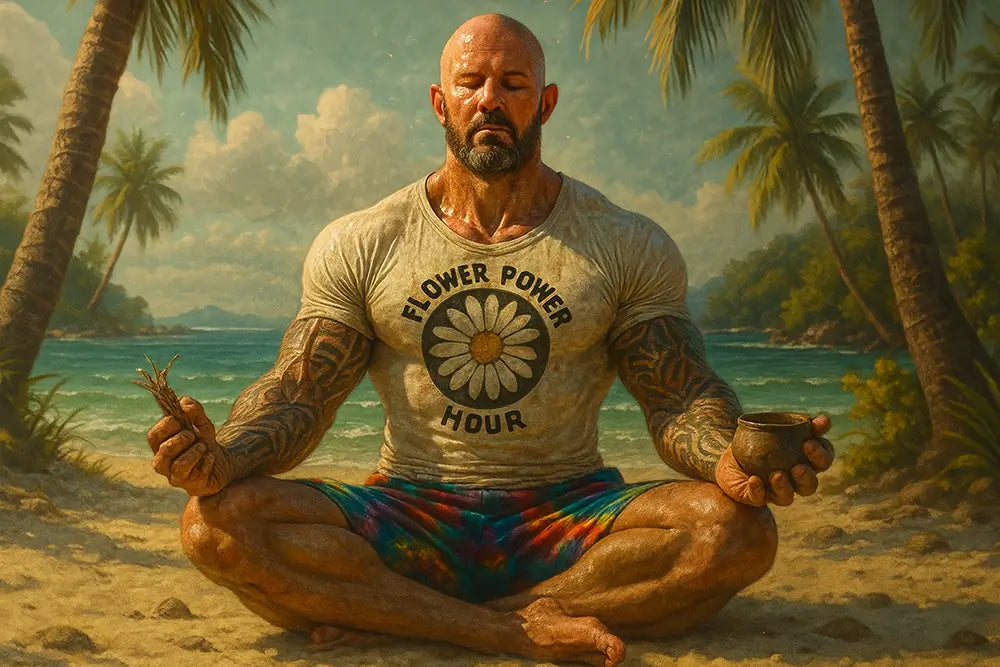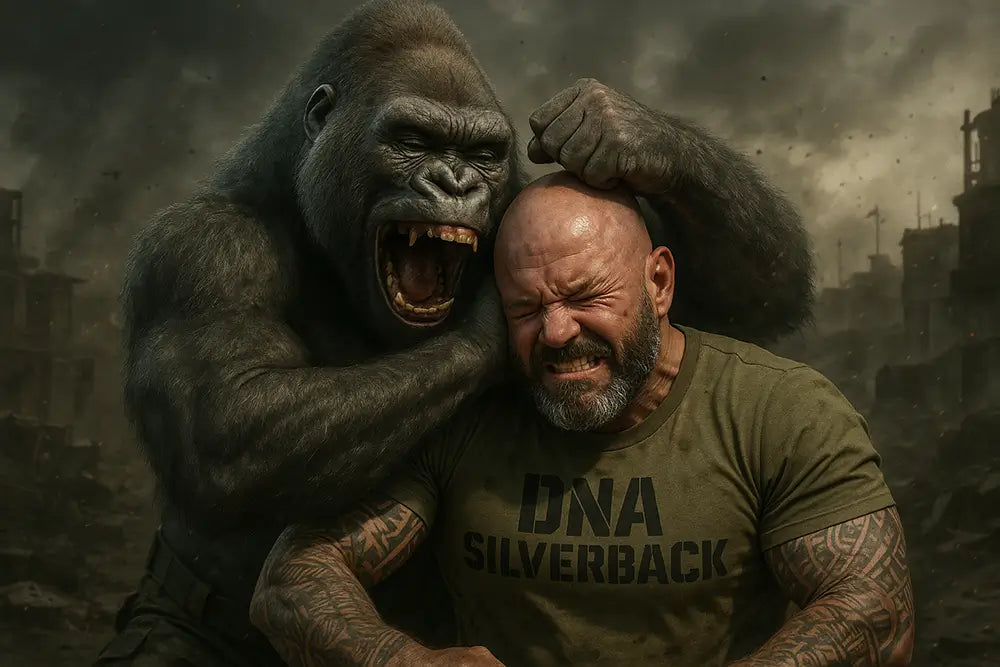"It’s nice to feel wanted. But as men, we need to feel relevant."
– Sheldon Stringer.
Introduction: From Psychological Warfare to Psychological Well-fare
The modern man is engaged in a new kind of battle. Not one fought on physical fields, but within the mind. A struggle for identity, relevance, and purpose.
This is Psychological Well-fare, the intersection of mental resilience and hormonal health, where testosterone becomes a crucial weapon.
1. The Science of Testosterone and Mental Health.
Testosterone does far more than build muscle or drive libido. It acts directly on the brain, influencing:
- Mood regulation
- Cognitive sharpness
- Motivation and reward systems
- Stress response
Low testosterone is directly linked to:
- Depression and anxiety
- Emotional flatness
- Lack of purpose and drive

2. Low Testosterone Symptoms: More Than Just Physical
Too often, men brush off signs of low testosterone as “stress” or “getting older.” But when motivation fades, emotions dull, and social withdrawal sets in — your hormones are likely asking for help.
Mental symptoms of low testosterone:
- Brain fog and poor memory
- Low mood or mood swings
- Lack of drive or purpose
- Increased anxiety or apathy
3. The Relevance Crisis in Modern Men
Men don’t just want to feel loved, we need to feel relevant. To feel needed, useful, and capable.
This drive is rooted in testosterone’s role in dominance, hierarchy, and assertiveness. When testosterone drops, so does the instinct to compete, lead, and build.
“Feeling irrelevant isn’t just an emotional problem, it’s a biological imbalance.”
4. Testosterone, Motivation, and Feeling Dangerous
There’s a reason driven men say they feel “on fire” when testosterone is high. It fuels dopaminergic activity, the same brain systems that make us feel:
- Driven
- Focused
- Powerful
Feeling “dangerous” doesn’t mean aggression. It means feeling capable, competent, and respected.

5. Boosting Testosterone Naturally: What Actually Works
You don’t need pharmaceuticals to take control of your hormones. Most men can achieve noticeable improvements in mental clarity, motivation, and energy by correcting root causes through natural means.
Proven Natural Testosterone Boosters:
- Strength training (especially compound lifts like squats, deadlifts)
- Intermittent fasting to improve insulin sensitivity
- High-protein, high-fat diets rich in cholesterol and micronutrients
- Sleep optimization (7–9 hours, consistent rhythm)
- Stress management via cold exposure, breathwork, and dopamine discipline
- Key micronutrients: Vitamin D3, zinc, magnesium, B vitamins
- Testosterone-supporting Supplements: White Wolf, Silverback & Grey Fox.

6. The Natural Protocol: Long-Term Hormonal Health Without Pharma
While TRT has helped some men, it’s a pharma-based shortcut that doesn't address the root problem: your body’s natural production has gone offline, often due to modern stress, diet, and lifestyle.
Our philosophy: Rebuild the foundation, don’t replace it.
Why Go Natural First?
- You keep your HPTA axis intact (natural hormonal feedback loop)
- You avoid post-TRT shutdowns and side effects
- You develop true vitality from the inside out
Our natural protocol is focused on restoring what your body was designed to do: produce testosterone efficiently, every single day.
7. Final Thoughts: Why Psychological Well-Fare Starts With Biology
When your testosterone is low, your identity starts to erode. You question your purpose, your confidence fades, and life becomes reactive instead of driven.
But when testosterone is optimized, you don’t just feel good, you feel relevant again.
Psychological Well-Fare is the opposite of burnout. It’s what happens when biology meets clarity. And it’s your birthright.







Share:
Couple Pause: Navigating Hormonal Changes in Relationships During Midlife
100 Men versus a Gorilla....who wins?